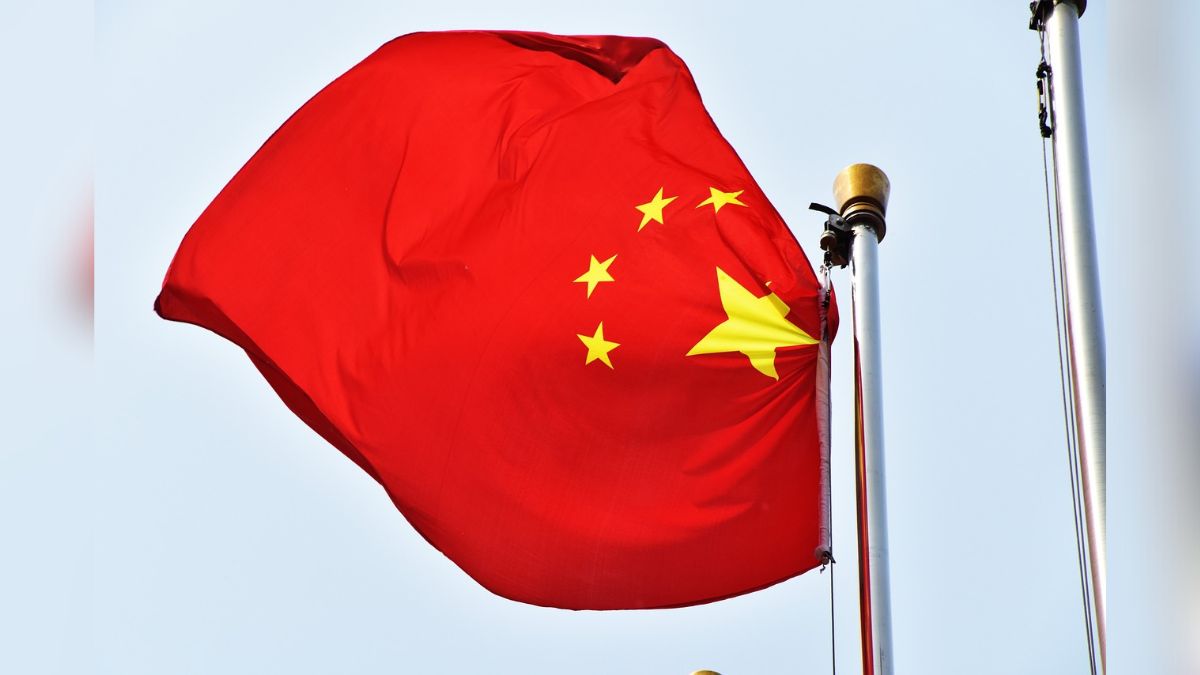Protests are on the rise across China as the nation faces economic challenges, including a real estate crisis and waning growth. An 18 per cent increase in dissent cases has been recorded, driven largely by labor and homeowner grievances read more
)
Economic challenges have spurred protests across China. Representational image. Pixabay
Protests are on the rise across China as the nation grapples with a slowing economy and the government refrains from taking more aggressive steps to boost growth.
Dissent cases increased by 18 per cent in the second quarter compared to the same period last year, according to data from the China Dissent Monitor, a project by the US-based advocacy group Freedom House.
The majority of these protests are tied to economic issues, with labour-related grievances accounting for 44 per cent and homeowner dissatisfaction making up 21 per cent, Bloomberg reported.
Economic woes drive public discontent
The increase in protests reflects the broader economic challenges facing the ruling Communist Party. China’s citizens are dealing with a slowdown in economic growth, and confidence is waning as four decades of rising living standards show signs of stalling.
Contributing factors include a real estate crisis, ongoing trade tensions with the United States, crackdowns on the private sector, and costly pandemic-related lockdowns. Despite Beijing’s efforts to stimulate the economy, growth remains sluggish.
The data from Freedom House covers more than 370 provincial-level cities. It shows that the property crisis remains a significant driver of unrest, with protests related to real estate rising by 10 per cent over the past year.
Protests linked to major real estate companies, such as Country Garden Holdings Co. and China Evergrande Group, were among the most frequently recorded.
Protests will hinder, not hunker down regime
“In recent decades, the Communist Party has essentially demanded that citizens submit to its one-party authoritarianism as a trade-off for economic prosperity,” Bloomberg quoted Kevin Slaten, who leads the China Dissent Monitor project, as saying. “As the ramifications of slowing economic growth impact more citizens, it may undermine this trade-off,” he added.
Still such unrest is unlikely to hunker down the regime, especially because demonstrations are often small and isolated in nature, with protesters rarely directing their anger at the leader. Physical protests are suppressed and deterred by internet controls and surveillance strengthened under President Xi Jinping.
Although physical protests are often small, isolated, and swiftly suppressed, the growing unrest signals that the government’s strategic long-term goals may be at risk if short-term economic concerns continue to dominate public sentiment.
“More protests mean central government policies can’t be effectively carried out,” said Liqian Ren, director of Modern Alpha at WisdomTree Inc., a New York-based asset management firm. “Its strategic long-term goals can’t be achieved when short-term needs are now more on people’s minds.”

 3 weeks ago
7
3 weeks ago
7
)
)
)
)
)
)
)
)
)
)
)
)
)
)
)
)
)
)
)
)
)
)
)
)
)
 English (US) ·
English (US) ·